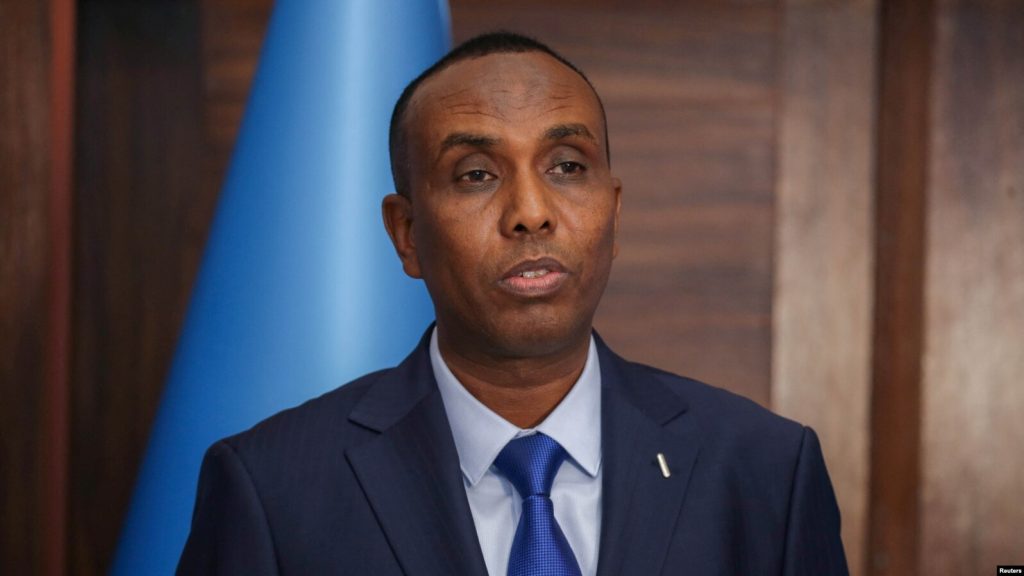The Somali Federal Government strongly condemned Ethiopia’s agreement with Somaliland that would give Addis Ababa access to the Gulf of Aden via Berbera Port. Somali officials emphasized that the Memorandum of Understanding signed in January 2024 is a violation of national sovereignty.
Prime Minister Hamza Abdi Barre reaffirmed Somalia’s position in an April 9 press conference, warning that Ethiopia’s actions threaten regional stability. “Our sovereignty is not negotiable,” he declared. The government has since begun mobilizing diplomatic support from allies.
The deal, which allegedly includes plans for an Ethiopian naval base, has triggered criticism from the African Union and neighboring countries. Yet the AU has not issued a binding resolution, prompting Somali leaders to consider appealing to the UN Security Council.
Somalia’s Foreign Ministry highlighted the role of the Ankara Declaration of 2023, which reaffirmed the sanctity of internationally recognized borders across Africa. Turkey, a signatory to that declaration, voiced support for Somalia’s territorial claims and proposed mediation.
Meanwhile, the Somaliland administration maintains that it has a right to engage in bilateral agreements independently. Ethiopia has attempted to downplay the deal as a commercial initiative, but leaked clauses suggest possible military collaboration.
Domestic protests erupted in major Somali cities, with citizens denouncing the agreement as a threat to unity. Opposition leaders urged the government to escalate its diplomatic campaign.
Qatar and Djibouti also joined calls for de-escalation. Both emphasized peaceful dialogue under the principles laid out in the African Union Charter and the Ankara Declaration.
Somalia is now drafting a formal appeal to the International Court of Justice to block implementation of the Ethiopia-Somaliland deal. Legal experts believe this case could shape future norms on secessionist recognition and port access.
Related Posts
Add A Comment

